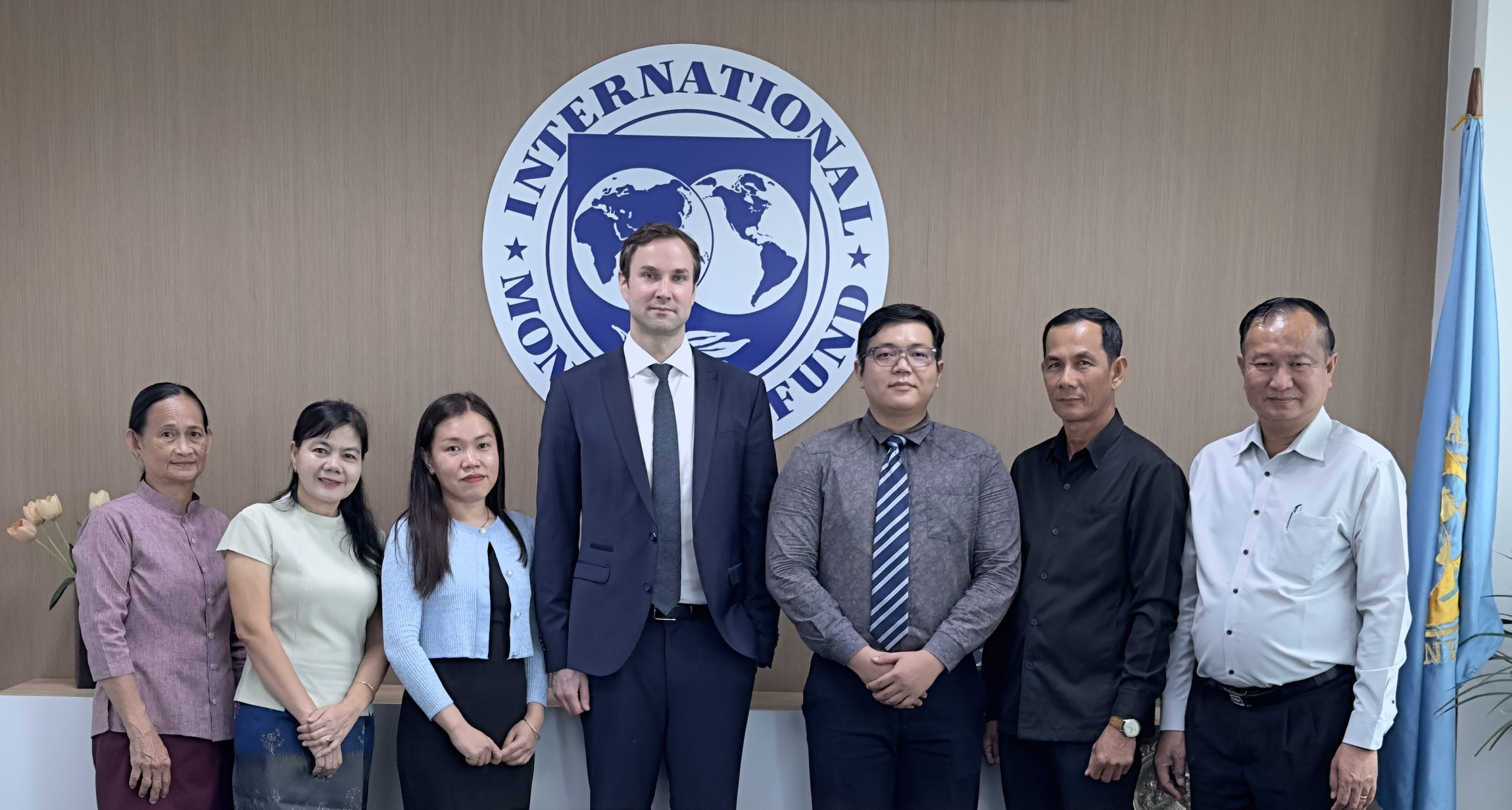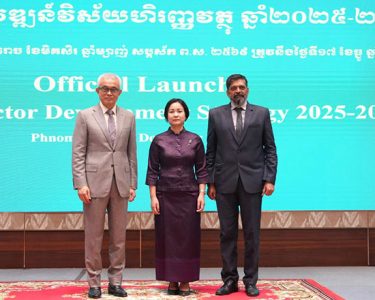Cambodia Investment Review
Cambodia’s post-pandemic momentum is losing pace as the International Monetary Fund (IMF) warns of a slowdown in economic growth and elevated financial vulnerabilities. In its 2025 Article IV Consultation completed on November 21, the IMF projects GDP growth to moderate to 4.8 percent in 2025 and around 4.0 percent in 2026, compared with 6.0 percent in 2024.
The IMF notes in its 2025 Article IV Consultation with Cambodia that softening domestic demand, declining remittances, a slowdown in tourism and tariff-related pressures on export margins are weighing on consumption and investment. These shifts come despite a strong performance in the first half of 2025 following a solid rebound in exports and tourism throughout 2024.
Snapshot of IMF observations
• Growth slowing due to export volatility and weaker domestic demand
• Financial sector vulnerabilities remain central to downside risks
• Fiscal support should be temporary and targeted while preserving prudence
• Monetary policy encouraged to normalise gradually with clear communication
Economic momentum fades in second half of 2025
Following 6.0 percent GDP growth in 2024 driven by a rebound in garment and agricultural exports and continued tourism recovery, nowcasting estimates in early 2025 pointed to year-on-year growth of 6.2 percent. However, by mid-year, emerging shocks—including border tensions and trade uncertainty—began to expose existing structural weaknesses. The slowdown in remittances is limiting household spending, while manufacturers are grappling with rising input costs as tariff effects filter through supply chains.
The IMF cautions that risks remain firmly tilted to the downside. Prolonged export disruption, weakened investor confidence from renewed border tensions and rising non-performing loans could amplify pressures if the recovery softens further.
IMF calls for calibrated fiscal and monetary responses
The IMF’s Executive Board advises policymakers to balance near-term stimulus with long-term discipline. Temporary and targeted fiscal measures to support affected households and displaced workers are recommended, followed by gradual consolidation aimed at rebuilding fiscal buffers. Reinforcing domestic revenue mobilization and improving expenditure efficiency—especially governance of large infrastructure projects—are identified as medium-term priorities.
On monetary policy, the IMF recommends a gradual return of reserve-requirement ratios to pre-pandemic levels as conditions allow, alongside continued improvements in liquidity management and a stronger monetary transmission mechanism in Khmer Riel. Clear and transparent communication is emphasized to maintain policy credibility.
Strengthening financial oversight and accelerating structural reforms
The IMF highlights the need to reinforce financial supervision as private debt and non-performing loans rise. The planned phase-out of regulatory forbearance by end-2025 is considered necessary to ensure proper loan classification and recapitalisation where needed. The report also calls for upgrades to supervisory capacity, crisis-management and insolvency frameworks, and continued progress toward a deposit-insurance scheme and improved AML/CFT compliance.
Long-term resilience, according to the IMF, will depend on accelerating structural reforms aimed at export diversification, productivity growth, and enhanced governance. Better investment facilitation and improved data availability are seen as critical to maintaining competitiveness and investor confidence.
Although challenges remain, the IMF notes that upside opportunities persist through deeper regional trade and investment integration and if returning workers are successfully absorbed into the domestic labour market.





